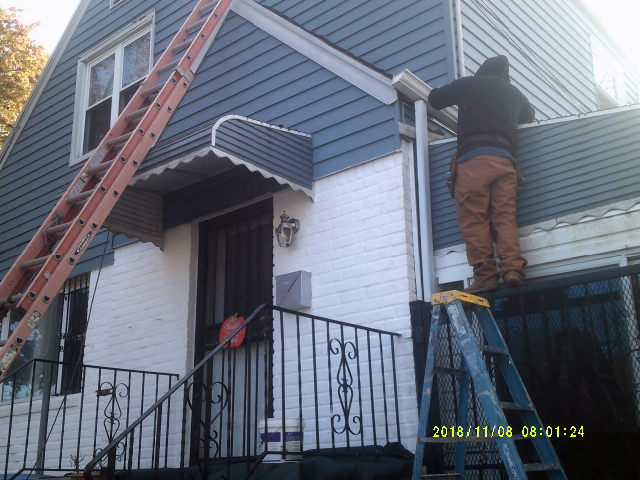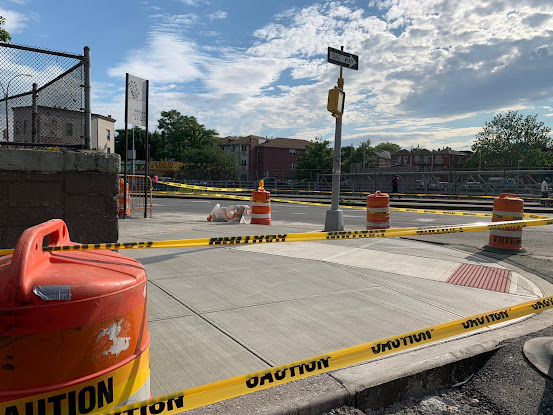Industrial Contractors Job Duties And Job Requirements
An industrial contractor NYC oversees the building, repair, and demolition of industrial projects like commercial factories and warehouses. Industrial construction is like residential construction with regard to how contractors are selected to work on projects, how the work is divided but there are several ways in which it’s different. For example- Contractors and engineers must have more “niche” experience than their residential and commercial contractor NY and there is often much more government red tape involved in projects because of issues of land area and environmental hazards.
- An Industrial Contractor Job Duties
Prime duty of an industrial contractor, also known as a general contractor is to supervise subcontractors, specialists and builders hired on an industrial project. They must assess construction sites for future structures and are also responsible for making estimates of construction builds simply by calculating labor force and materials like cement, concrete, etc. Apart from this, industrial contractors use estimate information to make bids for customers and create contracts for them as well. Additional Securing permits, finding property, meeting deadlines and monitoring spending are other prime duties of industrials contractors.
- Job Requirements For Industrial Contractors
There are no set requirements for education, qualification, etc. for industrial contracting in NY. Some people enter the trade through apprenticeship programs provided through trade unions or employers. While other contractors complete bachelor's degree programs, certificate or associate in construction and get hands-on experience in the field of construction. Remember, coursework in construction techniques could be helpful for contractors greatly.
Contractors, (Industrial, commercial and residential) are needed to be licensed if overseeing projects in the value of $25,000 or more. Addition t6to this, you can get licenses through a state's licensing board but the requirements vary state by state. But, licensure usually needs some experience and you need to renew your license in every two years, but renewal applications must be submitted 2 months before expiration. Keep in mind that an inactive license will expire after 4 years.



Comments
Post a Comment